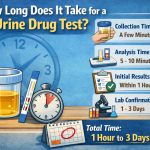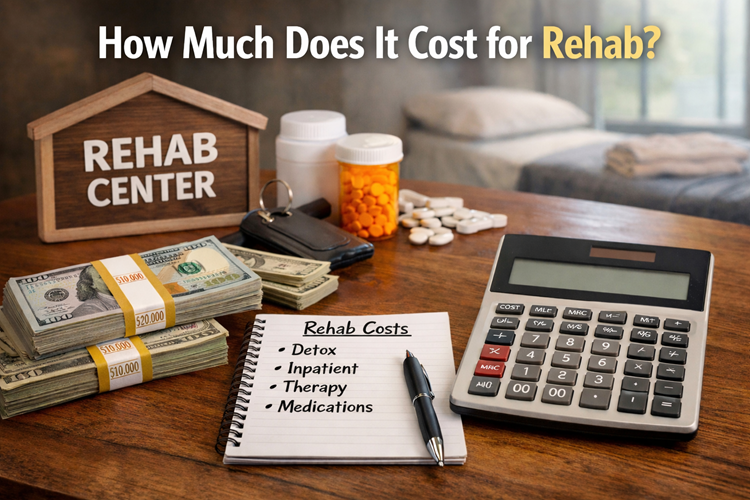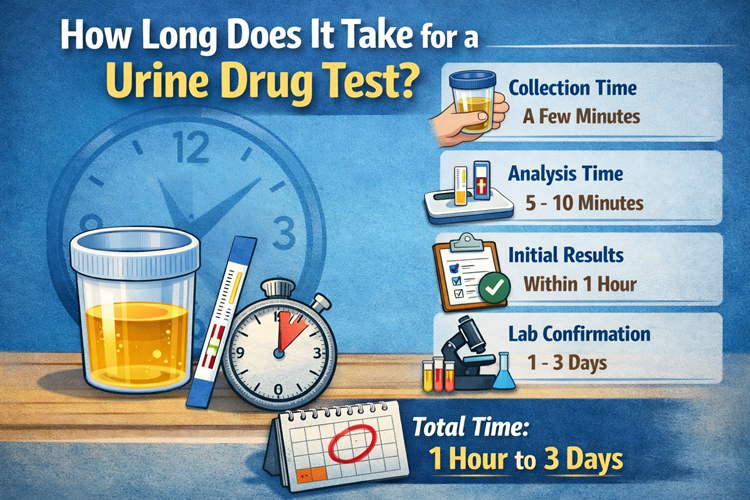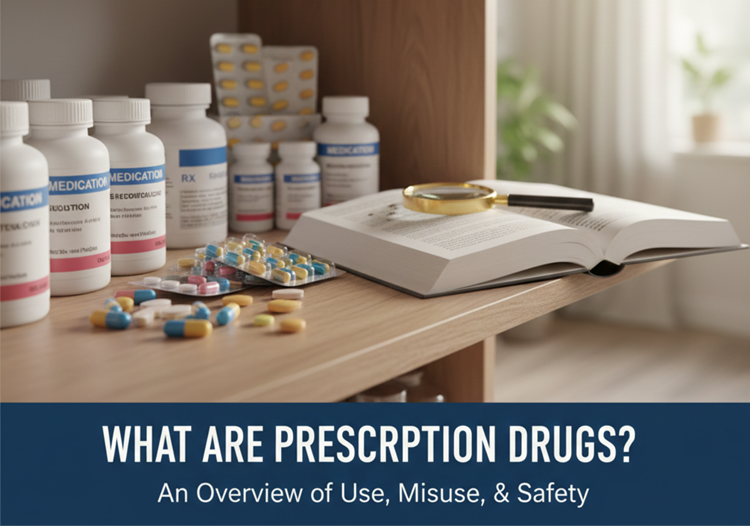Hosting an intervention for someone you care about takes careful consideration. Unless you have struggled with addiction yourself, you cannot fully understand what your loved one is experiencing.
You can, however, provide a loved one struggling through addiction a pathway out by planning an intervention with them. There is no single way to set up an intervention. To be successful, it is essential to think carefully about the person struggling with addiction and what might help them the most.
This article will discuss how to stage an intervention that is helpful and supportive for your loved one. You will learn:
- What an intervention is
- When it’s time to stage one
- How to prepare for an intervention
- What to avoid
What is an Intervention?
A formal intervention is a planned meeting of family, friends, and sometimes a medical professional. The goal is to help a loved one struggling with drug or alcohol abuse to get treatment. It offers support and emphasizes the need for help, helping your loved one recognize their struggles and take the crucial first step toward a healthier future.
Addiction interventions aim to show love and concern while highlighting the pain and consequences of a person’s actions. Each one may differ, but this goal is the same. Family and close friends should be ready to share specific examples of harmful behaviors that the person with addiction has shown. This will help everyone understand the situation better.
The overarching theme should be positive. Giving too much negative feedback to someone struggling with substance abuse may make the individual hesitant to seek treatment. No one likes to feel blame, especially someone struggling with addiction.
Who Can Benefit From an Intervention?
While an intervention is planned to help someone seek addiction treatment, it can often be a helpful process for the addict’s loved ones as well.
Planning an intervention requires family members and friends of the person who is addicted to come together and discuss the concerns that they share for their loved ones. Successfully starting a loved one on the path to treatment requires a carefully planned intervention process.
It will require the people planning to discuss behaviors and concerns they have seen in their loved one. There will need to be research and discussion about what treatment options seem most appropriate and whether mental illness is playing a role in the person’s addiction.
Through these discussions, loved ones will learn from and support one another, which can be just as healing as helping a person with substance addiction. These friends and family members will form the intervention team, responsible for planning and carrying out the intervention.
100% Confidential Support is Available 24/7
No matter what you’re going through, you’re not alone. Our dedicated team is here to provide a safe, judgment-free space where you can talk openly and honestly. Whether you need emotional support, resources, or just someone to listen.
We’re here for you—completely confidential and always respectful of your privacy. Call us today!
Preparing for the Intervention
When gathering with other family members and loved ones to plan the intervention process, many things must be considered. Let’s review the most important aspects of successful interventions.
Professional help
It is important to consider whether it may be helpful to hire an intervention specialist. In addition to having close family and friends involved, professionals such as doctors or social workers can provide guidance on the intervention process.
Intervention specialists can help:
- Set the goal of an intervention.
- Make suggestions on a location to hold the intervention.
- Help to lay out a flow to the intervention.
- Help educate the intervention team about substance use disorder.
- Safely lead the intervention if the person dealing with addiction has violent tendencies or struggles with mental health.
Make a plan
Start by choosing a date, time, and location that will work for everyone involved. The more solidly planned your intervention is, the more likely it is to be successful.
The following should be laid out in detail:
- Outline how to approach the subject of treatment with the individual.
- Plan what everyone will say.
- Make sure the language that is chosen is supportive and not accusatory.
Do your research
Learn about alcohol and drug abuse, addiction, and what the recovery process looks like. Gather information about detox and rehabilitation programs and which ones will best suit the needs of the person who is struggling with addiction.
Offer support to your loved one
The people involved in the intervention should be ready to help the person dealing with addiction during and after the treatment process. Make it known to your loved one that you are there for them and want them to be successful. Offer specific ways to help, such as giving the person rides to treatment, participating in group therapy, or visiting them in inpatient care.
Prioritize boundaries
If the person struggling with addiction chooses to refuse treatment, it can be difficult for both that person and their loved ones. Adjusting relationships is necessary, and it’s essential for everyone involved to be united in moving away from codependent and enabling behaviors.
It must be made clear that while everyone involved in the intervention cares deeply, there will be consequences if help isn’t sought.
Practice the intervention
Substance abuse and addiction stir strong feelings. To save time and avoid blame or self-pity, practice the intervention with your team at least once before it happens. This way, everyone will know what to say, when to speak, and when to let someone else talk.
Have realistic expectations
We have all seen the sensationalized interventions carried out in movies and TV shows, with the addicted character accepting help without question or objection. This is different from how most interventions in real life go. It is crucial that you are prepared as a group for your loved one to be resistant to the idea of treatment and even refuse it. If this happens, you must be unified and lay out the consequences if the person chooses not to pursue treatment.
Follow up with your loved one
Whether they choose to accept help or not, it is important to follow up and make sure that they have either pursued a treatment plan or understand the consequences of their choice until they enter a treatment program.
Contact Solutions Healthcare
Battling with Drug and Alcohol Addition? Remember, you are not alone and we are here to help you!
What to Avoid When Staging an Intervention
Even with the best intervention plan, knowing what to avoid during the process is essential. Avoid the following:
- A big intervention team. Pick only close friends and family members to participate in the intervention. Too many people can make the person living with addiction feel overwhelmed or attacked.
- Negative labels. Using certain language such as “addict” or “junkie” can make the person with substance use disorder feel at fault. See your loved one as who they are, not as their addiction.
- Be in control of your emotions. Don’t let your personal feelings overrun the intervention. Stick to your plan so that you avoid putting blame or shame on the person dealing with addiction.
- Make sure your loved one is sober. Your intervention is not likely to be successful if the person struggling is not fully aware of the support you are offering. Wait for another time when they are able to participate in the discussion.
Support is the Key to Sobriety
An intervention is a critical moment to help someone struggling with addiction understand how their actions hurt themselves and those around them. If you think an intervention is needed, the person may already be trapped in their addiction and might not want to cooperate.
It’s important to explain how they are causing others pain. Focus on sharing the most critical points first, as people may feel defensive and want to leave the room. Make sure to get the key messages out right away.
The main goal of an intervention is not to confront or express your anger towards the individual struggling with addiction. Feelings of anger or hurt can be addressed in post-treatment family therapy sessions if you believe it will help prevent relapse.
No matter how you feel in this situation, remember that the intervention is focused on helping your loved one. By following the steps outlined above and being mindful of helpful strategies, you are already on the path to effectively planning a successful intervention.
Reach Out Today
Solutions Healthcare Treatment Centers offer research-based treatment programs that can be customized to fit the needs of your loved one struggling with addiction.
We are ready to support you in the intervention process and provide information on the treatment options available at tour centers. Contact us today to get started.






















